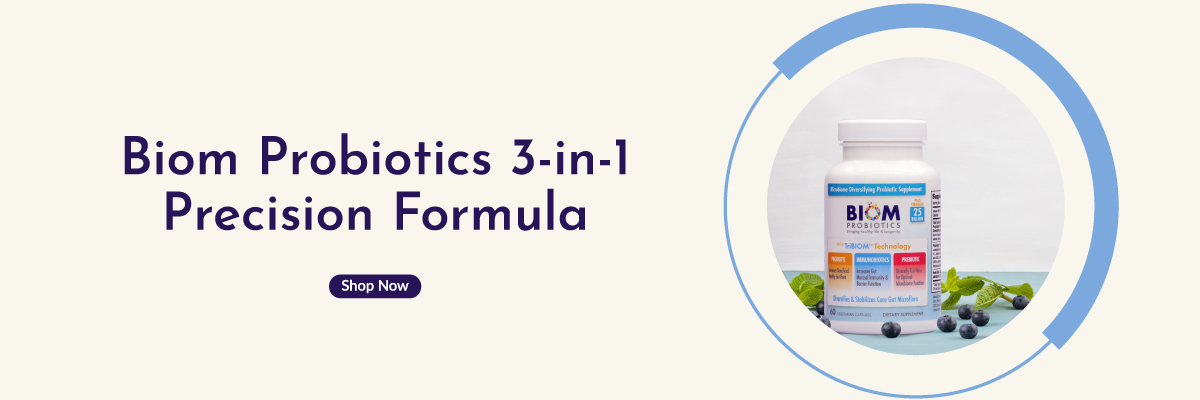Winter is a season often associated with colds, flu, and other respiratory infections, which leads to a higher likelihood of antibiotic use. While antibiotics are crucial in fighting bacterial infections, their widespread use during the colder months can have unintended consequences, especially when it comes to your gut health and microbiome.
The Role of Your Microbiome
Your microbiome is a complex ecosystem of bacteria, fungi, and other microorganisms that live primarily in your gut. This community plays a critical role in various bodily functions, including digestion, immune system regulation, and nutrient absorption. A healthy and balanced microbiome helps your body fend off infections by supporting the immune system and maintaining overall health.
How Antibiotics Impact the Microbiome
When you take antibiotics, they are designed to kill bacteria causing infections. Unfortunately, they are unable to differentiate between harmful and beneficial bacteria. As a result, antibiotics can destroy the good bacteria in your gut that are essential for a healthy microbiome. This creates a ripple effect:
- Disrupted Balance: Antibiotics can lead to an imbalance in the gut microbiome, allowing harmful bacteria and yeast to overgrow, which can result in digestive issues, including diarrhea and bloating, and weakened immune responses.
- Reduced Immune Function: Since much of your immune system resides in your gut, the disruption of beneficial bacteria can leave you more vulnerable to additional infections, including viruses like the common cold or flu. This becomes particularly problematic during winter, when infections are already more prevalent.
- Increased Risk of Recurring Infections: Ironically, while antibiotics may clear up a bacterial infection, they can leave your system weakened and more susceptible to future infections, which may lead to a cycle of antibiotic use and weakened microbiome health.
- Long-Term Consequences: Prolonged or frequent antibiotic use can result in a permanently altered microbiome, which may contribute to chronic health issues like autoimmune diseases, irritable bowel syndrome (IBS), and even metabolic disorders.
How to Support Your Microbiome During and After Antibiotic Use
While antibiotics are sometimes necessary, it’s essential to take steps to protect and restore your microbiome during and after treatment. Here are some ways to support your gut health during the winter months:
- Probiotics: Incorporating probiotics during and after antibiotic treatment can help replenish the good bacteria in your gut. Probiotics, such as Lactobacillus and Bifidobacterium, can help restore balance and improve digestion, while also supporting the immune system.
- Prebiotic-Rich Foods: Prebiotics, which are non-digestible fibers found in foods like garlic, onions, and bananas, serve as food for beneficial bacteria in your gut. Including prebiotic-rich foods in your diet can help maintain the health of your microbiome.
- Stay Hydrated: Drinking plenty of water helps flush toxins out of your system and supports healthy digestion, especially when your gut is recovering from antibiotic use.
- Healthy Diet: A diet rich in fruits, vegetables, whole grains, and fermented foods like yogurt and kimchi can help promote a balanced gut microbiome and prevent overgrowth of harmful bacteria.
The Benefits of BIOM Probiotics 3-in-1 Precision Formula
To support your microbiome during and after antibiotic use, consider BIOM Probiotics 3-in-1 Precision Formula. This powerful combination of probiotics, prebiotics, and postbiotics helps restore the balance of beneficial bacteria in your gut, promoting healthy digestion and a stronger immune system. By taking BIOM Probiotics 3-in-1, you can help protect your microbiome and prevent the long-term damage caused by antibiotics.
To learn more, visit www.biomprobiotics.com and take control of your gut health today!





